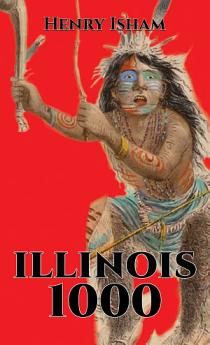Illinois 1000
এই ইবুকখনৰ বিষয়ে
Building on The Year 1000 by British historians Robert Lacey and Danny Danzinger, the author moves from one side of the Atlantic to the other. The contrasts are as much from the past to the present as between the two very different cultures. ‘Primitive’ is often used to describe the Indians’ way of life, and not without at least some reason. So much of what characterized and made English life possible was entirely absent in North America.
Yet, centuries later, hundreds, even thousands of Europeans joined the Indians, preferring their way of living to that which they had known in Europe or colonial America. The Indians, the first people, survived and prospered in what was at that time not amber fields of grain but a very ungenerous landscape. If they were brutal, they were hardly unique. In their affinity to the earth they lived on, there were few like them.
লিখকৰ বিষয়ে
Henry Isham has taught seventh and eighth grade, analyzed financial statements, and assayed precious metals. He traveled a lot when he was younger and is now retired. Isham gardens and plays tennis as much as possible. When the COVID-19 shutdown loomed, he decided to pursue answers to a question which had interested him for some time.




